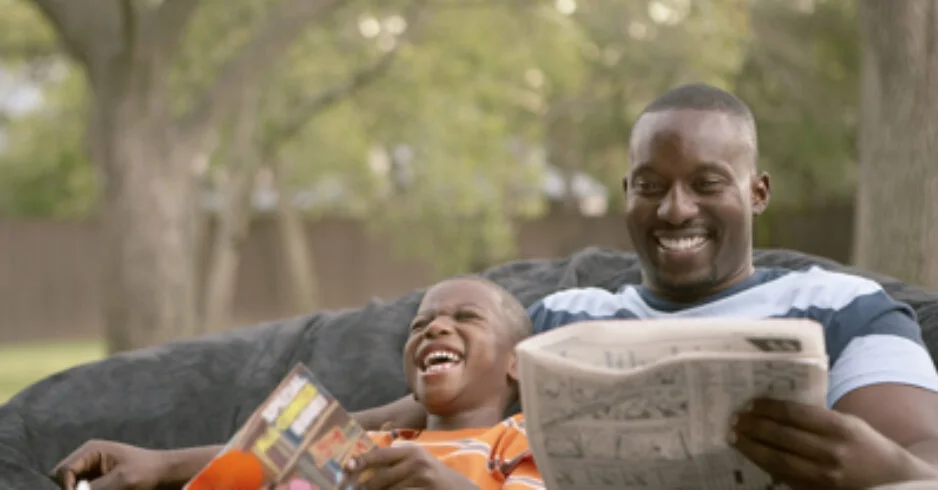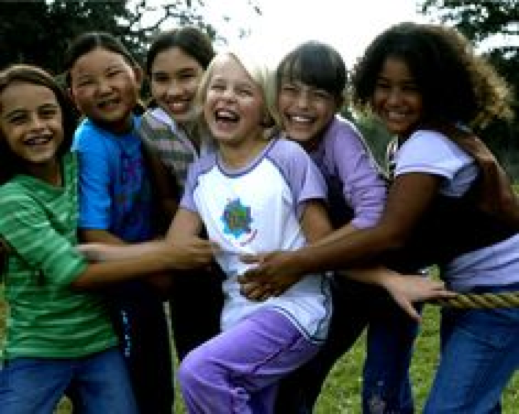As Christian parents, we seek to raise our children according to biblical principles. There are numerous Bible verses that give us direction. Many times, though, we need to study the scripture verse to get a better understanding of what it means and what God would like us to do. In this blog post, I would like to give some insight into Proverbs 22:6 - what does it mean to “train a child in the way he should go”?
King Solomon, who was known for his profound wisdom, gave us this proverb. We know that God loves children, as everywhere Jesus went when there were children around, He asked for them to be brought to Him: "Let the little children come to me, and do not hinder them, for the kingdom of heaven belongs to such as these." (NIV). In fact, the Bible calls them a “reward”. Psalm 127:3.
As parents, we are given a special, yet tremendous responsibility to raise them as God wants them to be raised and with the priority of teaching them God’s Word. I love this statement from the website gotquestions.org which gives answers to Bible questions:
Teaching children the truths of Scripture will make them wise for salvation (2 Timothy 3:15); thoroughly equip them to do good works (2 Timothy 3:17); prepare them to give an answer to everyone who asks them the reason for their hope (1 Peter 3:15); and prepare them to withstand the onslaught of cultures bent on indoctrinating young people with secular values.
As a lay children’s minister for many years in a non-denominational Christian church and as a Christian mother raising two sons, I know how critical it is to teach children from a young age God’s Word. They must know how much He loves them and what He expects them to do – they will not know this unless they are taught. So when the Bible mentions “train a child”, it means to teach, direct, counsel, and nurture.
How do we “train a child”? Here are a few practical ways: by reading the Bible with them, helping them to memorize scripture, speaking to them God’s Word, disciplining them, and having them attend church services with you.
To learn more, please visit:
https://www.gotquestions.org/train-up-a-child.html
https://www.christianity.com/wiki/bible/how-to-train-up-your-child.html





